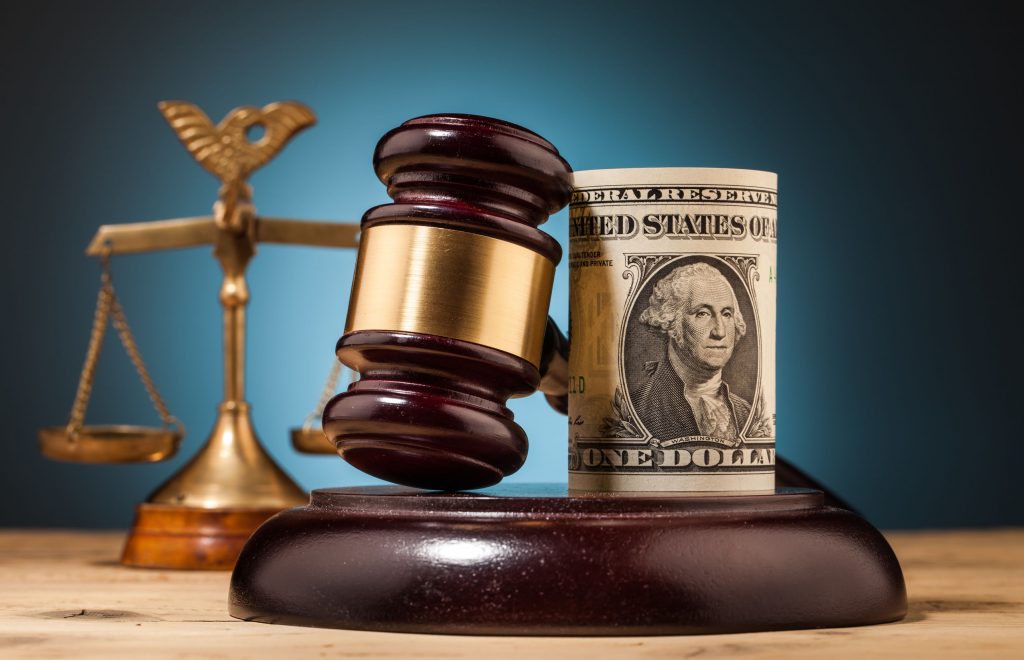
On April 19th, the Supreme Court ruled that when a criminal conviction is reversed by a reviewing court, the state must refund court costs, fees, and restitution taken from the defendant after being convicted. The ruling pertained to a Colorado law that required exonerated individuals to prove their innocence in a separate civil court before receiving reimbursement for money lost to court proceedings related to their conviction. According to the highest court’s opinion, authored by Justice Ruth Bader Ginsburg, this requirement is in direct violation of the Fourteenth Amendment’s due process clause.
The Specifics of the Case
The petitioners, Shannon Nelson and Louis Alonzo Madden, were both convicted of crime related to sexual abuse and both were charged certain fees as is the case with all convicted defendants in Colorado. After totaling the fees and restitution, Nelson was made to pay $8,192.50, but Colorado Department of Corrections kept $710.10. Madden was made to pay $4,413 and paid $1,977.75 after his conviction.
The Colorado Supreme Court ruled that trial courts do not have the authority to issue refunds and that the Exoneration Act’s (the Act) civil procedure for such cases would suffice. However, the petitioners failed to file a claim under the Act, so the state’s high court found that no decision needed to be granted regarding the petitioners’ reimbursement.
The Impact
The impact of Nelson v. Colorado may actually be minor because most states already compensate defendants immediately after a conviction is reversed. And legislation has already been passed that will enforce automatic reimbursement when convictions are overturned. As highlighted by Steve Vladeck, writer for SCOTUSblog, what’s interesting about this case is the debate between the majority and Justice Clarence Thomas who, alone, authored the dissenting opinion.
Majority
In her opinion, Ginsburg explained that Mathews v. Eldridge provides the grounds for a ruling in favor of the petitioners. She wrote, “These cases […] concern the continuing deprivation of property after a conviction has been reversed or vacated, with no prospect of reprosecution” and “because no further criminal process is implicated, Mathews ‘provides the relevant inquiry.’”
Ginsburg went on to show that the tripartite balancing test provided by Mathews weighed “decisively against Colorado’s scheme.” First, the petitioners were able to show that they had a significant interest “in regaining the money they paid to Colorado” because “Colorado may not presume a person, adjudged guilty of no crime, nonetheless guilty enough for monetary exactions.”
Secondly, Ginsburg found the Act to put too great a burden on the petitioners. Under the Act, Nelson and Madden would have to take their case to a civil court where the costs for retaining a lawyer would exceed the amount of their reimbursement. Thus, “to pursue it would be prohibitive.”
And thirdly, since the petitioners sought reimbursement and not compensation, Ginsburg found that “Colorado has no interest in withholding from [them] money to which the State currently has zero claim of right.” So, Ginsburg wrote, as per the due process clause, “a State may not impose anything more than minimal procedures on the refund of exactions dependent upon a conviction subsequently invalidated.”
Thomas
Thomas’ opinion has struck a chord with a few commentators. To begin with, Justice Thomas suggested, in his dissent, that the petitioners “must first point to a recognized property interest in that money, under state or federal law.” That is, they must be able to show that it is their property. However, according to Thomas, the fees exacted from the defendants after a valid conviction belong to the state and thus that money becomes the state’s property. For Thomas, the only method for showing “substantive entitlement” to the property is by way of the Fourteenth Amendment. But in his view, that amendment “confers no substantive rights.”
As pointed out by David Post of The Volokh Conspiracy, it is a good thing that Thomas stood alone. It is also a good thing the majority clarified the due process clause with regard to civil forfeitures, as this may come in handy in the future.



Leave a Comment